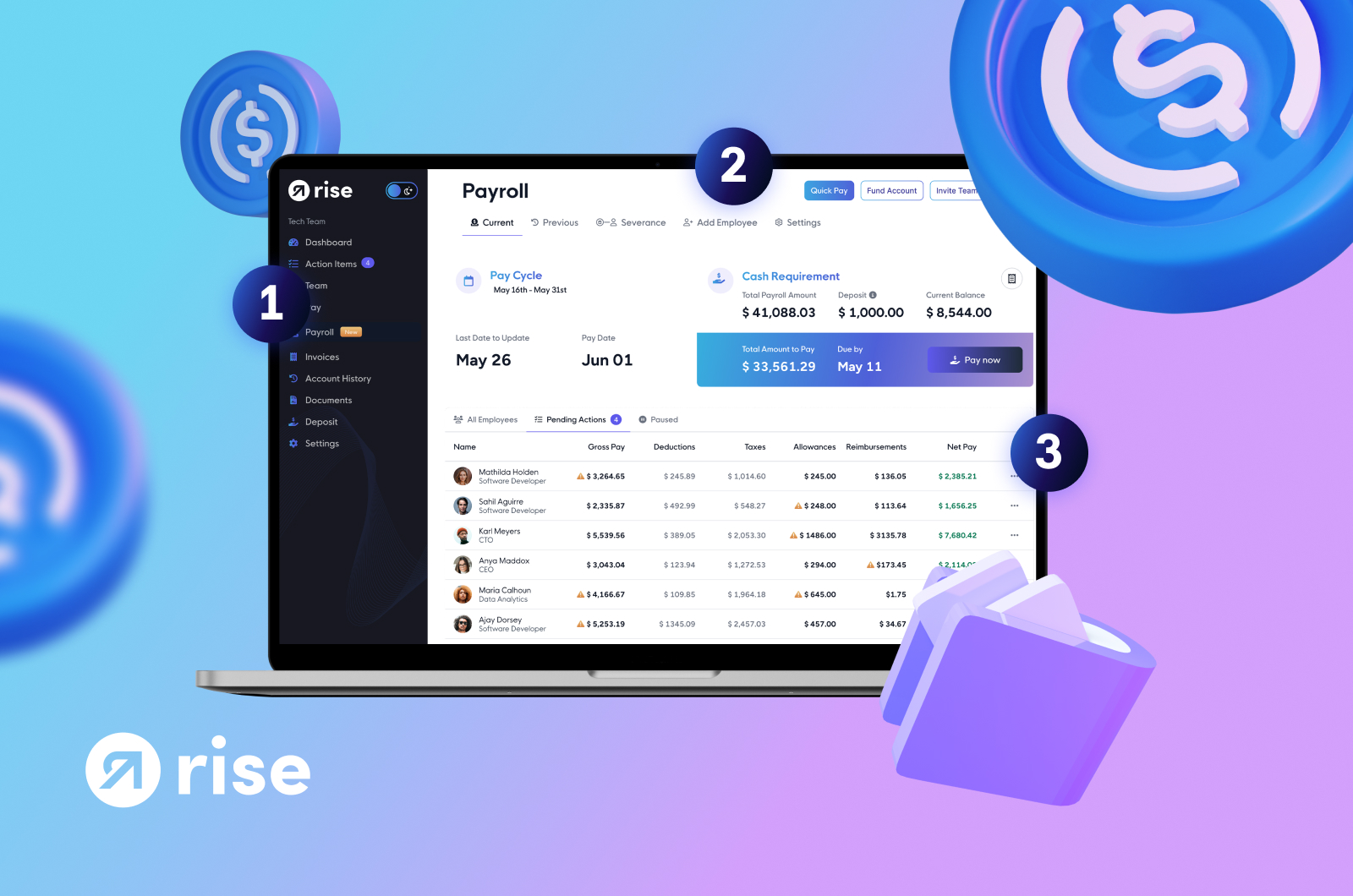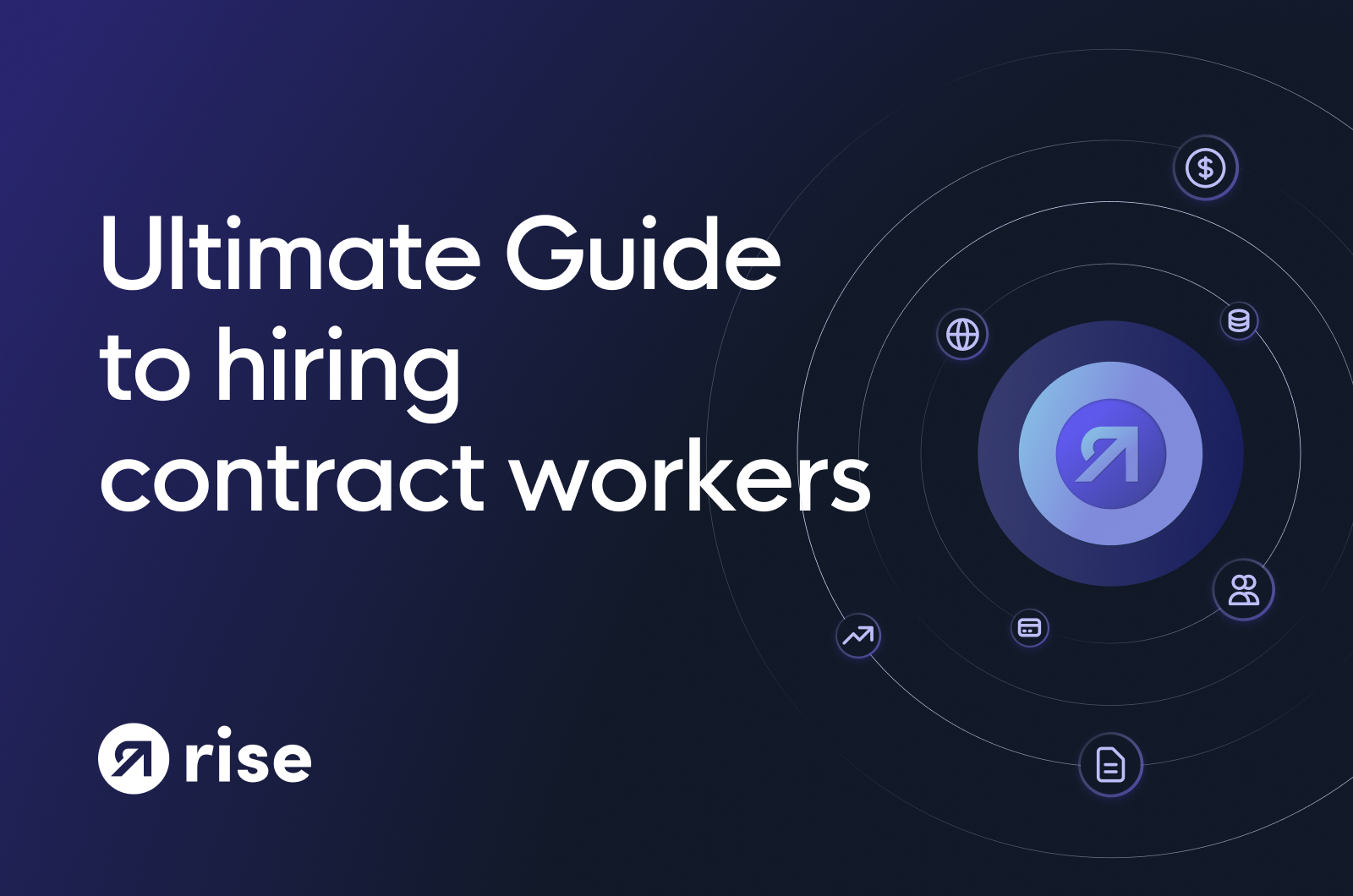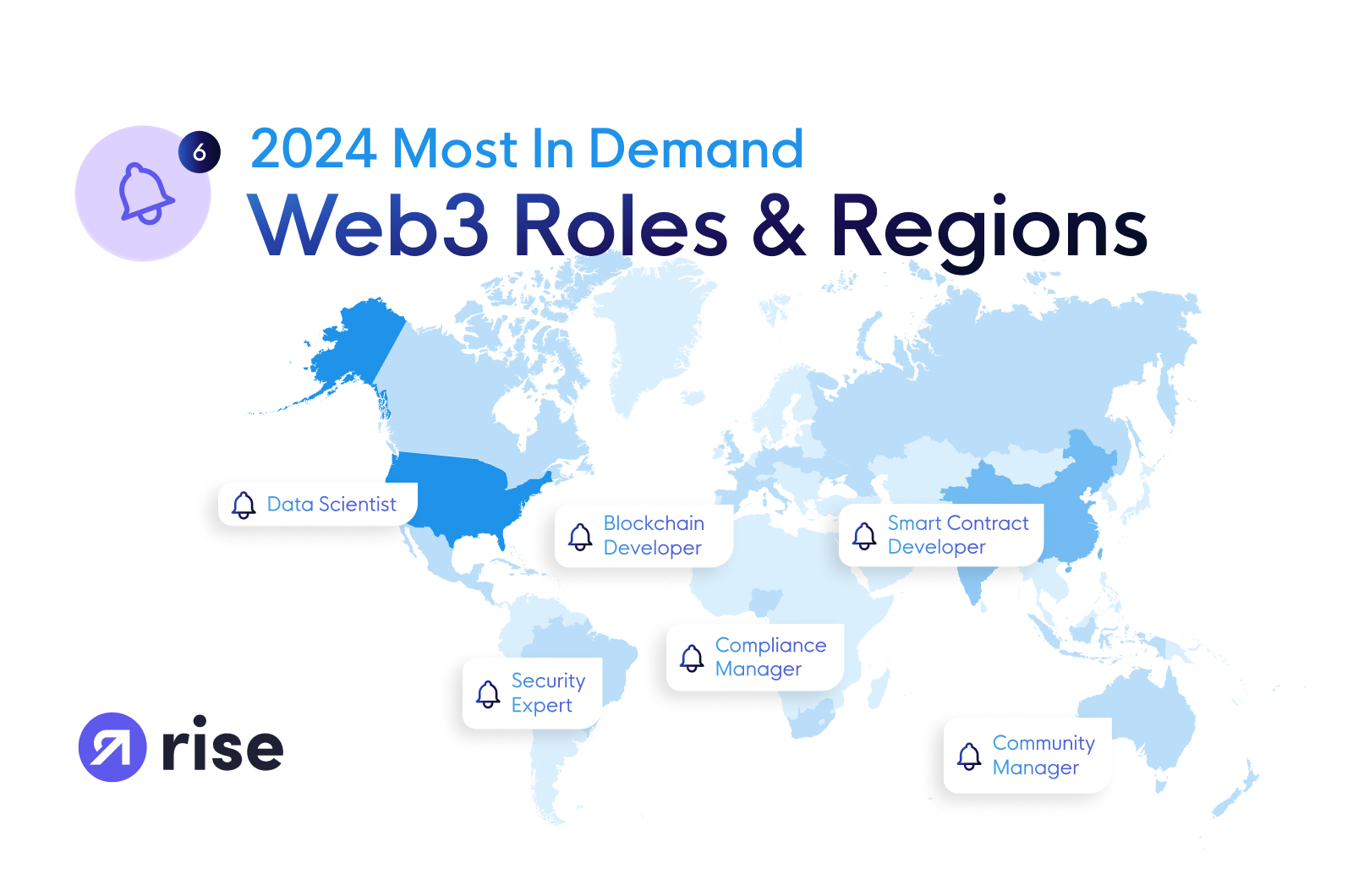What began as a niche term coined in 2014 by Ethereum co-founder Gavin Wood has grown into a global phenomenon representing a market worth $27.5b. Web3 has made its way into daily life, from payments at Burger King to large-scale humanitarian efforts in Ukraine to online gaming. In fact, in 2023, a multitude of platforms were developed using blockchain solutions with 46% of finance apps built on web3 technologies.
As progress in the web3 space hurdles forward at breakneck speed, finding the quantity and quality of talent necessary to meet demand at scale poses a challenge.
Web3 and the Changing Landscape of Business
Web3 is a decentralized internet paradigm built on blockchain and cryptographic technologies. It aims to provide users with more control over their digital footprint, data, and interactions, in turn creating a more transparent and user-centric online ecosystem. The guiding principles behind web3’s early development set out to create a version of the internet that was decentralized, permissionless, and trustless.
These core ideas differ from how traditional business models have been structured in the past. Previously, centralization was not a concept commonly questioned. It was taken for granted that companies ran in a hierarchical order, with c-suite executives at the top and their employees below. Intermediaries were brought in to facilitate transactions and provide services despite time and cost inefficiencies.
Web3 has introduced a paradigm shift; web3 business models are decentralized, community-driven, and typically utilize blockchain technology and smart contracts to enable peer-to-peer transactions and govern business operations. There are degrees, however, to which companies have integrated web3 technologies and ethos.
Without having completely adopted a new framework for structuring business, integrations can include incorporating crypto and stablecoin payroll into payment options and streamlining hiring processes through blockchain-based identity systems. Through the use of these future-facing technologies, companies can tap into expanded hiring pools that were previously inaccessible.
The Global Nature of Web3 Business
Because many web3 organizations, such as DAOs, are based on blockchain networks, they have the freedom and flexibility to exist on a global scale. Rather than having a physical office, blockchain-native companies may work out of metaverse work spaces, connect remotely via online meeting platforms, or preserve a level of anonymity and collaborate over messaging platforms.
These combined factors allow for a new level of international collaboration. Rather than prioritizing hiring locally, talent acquisition can be based purely on qualifications and best fit. A more diverse workforce brings varied skill sets and expertise, which are key for growth and innovation. As a result, web3 businesses are typically highly agile and quick to embrace technological shifts and advancements.
Key Considerations for Global Hiring
One of the major advantages that comes with hiring from an expanded global talent pool is the ability to selectively choose candidates with the desired skillsets. When it comes to hiring for blockchain-based projects, a bottomline is the need for a comprehensive understanding of web3 and its accompanying technologies.
Regardless of the role that is being filled, the ability to adeptly navigate the various tools used for building in web3 is a non-negotiable. Depending on the work being done, these can include proficiency in Solidity, understanding blockchain basics, ability to write smart contracts, and comfortability with web3 design tools. On top of this, an ease of navigating dApps and a familiarity with decentralized platforms provide an important baseline to build from.
Coordinating Global Teams
A serious roadblock that can impede international hiring is the coordination necessary for working with dispersed, highly collaborative global teams. Depending on how far flung contractors are across the globe, this can present a nearly impossible task. Time differences of 12 hours limit the feasibility of meeting face-to-face over Zoom or in the metaverse, but programs such as Loom, that are built to share video messages, are highly effective stand-ins.
Payroll Options that Include Crypto and Stablecoins
When it comes to international compensation, using digital currencies is the most surefire method to achieve maximum global reach while minimizing costs and processing delays. Leveraging blockchain technology to bypass intermediaries and centralized authorities means that funds can be transferred directly into a contractor's digital wallet in seconds rather than days, weeks, or months. Similarly, the cost of sending money on blockchain networks is up to 198% cheaper than between international bank accounts.
Crypto serves as a major barrier breaker for accessing top talent regardless of geographical location. In countries such as India, which represent a hub for web3 development and where 22% of adults are unbanked, payment via digital currencies can be the only way to issue compensation to contractors and contributors. In other countries where inflation rates are high, the option to receive wages in crypto and stablecoins presents a means of holding savings in a more stable currency than the local one.
Along with its many advantages, there are certain considerations to note. Global regulation of crypto varies greatly jurisdiction by jurisdiction. In countries once considered crypto havens, new and stricter governing frameworks have recently been implemented and must be considered before issuing crypto payments or onboarding a crypto treasury.
For organizations that opt to pay contractors in crypto, other factors to take into account include currency volatility and conversion rates. Crypto treasury management involves a different approach to strategizing than traditional treasury management; if a treasury is held mainly in crypto, enough funding to cover operational expenses and contributor payments should be held in stablecoins or fiat currency to ensure protection in case of price drops or crypto winters.
Legal and Regulatory Compliance
Navigating legal and regulatory compliance on both a local and global scale can present a complex challenge. If employing a full-time roster of international employees, a suggested first step is engaging an EOR. Employers of Record, or EORs, are third-party entities that take on the legal responsibilities and obligations of employing workers on behalf of a company, handling payroll, benefits, compliance and related HR functions for international or remote employees.
EORs allow for a company to hire worldwide without needing to become the experts in tax and labor laws in every country in which they have employees. This represents an important level of agility and flexibility that is crucial for managing a successful global workforce. Choosing the right EOR to work with will depend on a company’s specific needs.
For web3-native organizations or companies that want to harness the advantages of blockchain technology, an EOR that can handle crypto payroll and compliance is an essential choice. An added benefit of working with a web3-friendly EOR is the heightened level of data privacy and security that come as a feature of employing blockchain technology.
Communication and Collaboration Tools
With an estimated 13,000 DAOs in existence and a significant percent of the global workforce operating on a remote basis, a host of new tools built for facilitating online collaboration have been developed in recent years. These include robust video conferencing platforms such as Zoom and community meeting boards and spaces for communication such as Discord.
While Zoom is a popular option used by traditional companies and the web3 community alike, Discord has taken the spotlight as a platform integral to fostering interest, enthusiasm, and community for web3-native projects such as NFTs and DAOs.
Onboarding and Training
When determining the best methods for onboarding a decentralized workforce, it is first and foremost necessary to take into consideration the fact that work will most likely be performed entirely remotely. For this reason, it's of primary importance to develop a comprehensive digital onboarding process.
Video conferencing can be utilized for remote orientation sessions and trainings while platforms such as Discord, Slack, and Loom can be employed for messaging between teams and outlining projects. Getting workers started with a form of digital identity can further streamline the onboarding process as it allows for the digital signing of various documents and work agreements and the incorporation of smart contracts into hiring and payroll.
Due to the speed at which web3 technologies are developing, a key element of managing a decentralized workforce involves continuous training and upskilling. In order to remain relevant, a company must keep its workers trained in the latest softwares, languages, and design tools.
The Benefits of Hiring Remote Contractors for Web3 Businesses
A driving force behind the success of a business is the diversity of skills and expertise that its teams possess. When drawing from a wider, global talent pool, there will inevitably be higher levels of diversity of all kinds; from age and gender to country of origin and beyond. And a byproduct of heightened global inclusion is agility; the diversity of thought and experience cultivates innovation, problem-solving, and adaptability. In an era when markets and technologies are in a constant state of evolution, having an inclusive workforce allows an organization to better understand and respond to the needs and preferences of a wide range of customers and stakeholders.
Working with collaborative teams of contractors brings an additional level of flexibility to operations due the lack of long-term employment contracts. This allows for the scaling up and down of a workforce on an as-needed or per-project basis. As a result, overhead costs are significantly reduced; rather than paying a full-time salary plus benefits when little work is required, contractors can be paid based on the actual hours they are working without the overhead costs associated with an employee.
Overcoming the Challenges of Hiring Remotely
In addition to the many benefits, certain difficulties are a natural part of contracting a remote, decentralized workforce. A basic hurdle can be language differences. While in a traditional work environment language barriers may have represented an inability to collaborate, the structure of decentralized work makes that no longer the case. With more communication conducted via chat apps such as Discord and Slack, translation services can be leveraged to ensure smooth communication.
This takes on further relevance when it comes to ensuring the proper communication of expectations and deliverables. It is integral to clearly defined scope, deadlines, and project requirements. Clear channels of dialog and an established level of understanding allow for greater trust.
Other ways to boost trust when working completely remotely, with zero in-person interactions, are through the thoughtful application of decentralized technologies. Smart contracts allow for contractors to have a crystal clear sense of the project that they are working on, with full assurance that upon its completion, payment will be issued.
The Future of Hiring in the Web3 Era
The percentage of remote workers across the globe is steadily climbing while in parallel, progress within the blockchain space is progressing at an astonishing pace. Workers fluent in web3 technologies are in high demand, and as the call for action reverberates across the world, the pool of top, tech-savvy talent grows more and more internationally dispersed.
Tapping into this pool of highly-skilled workers is integral for the success of traditional and web3-native companies alike. Embracing decentralized ethos and technologies now represents a pillar of agility in a world of globalization and digitalization that continues to hurdle towards a quickly unfurling future of work.
If you’re interested in learning more about how Rise can help your web3 business streamline global workforce payments in fiat or crypto, and automate compliant contractor onboarding in 190+ countries, book a demo today.


















